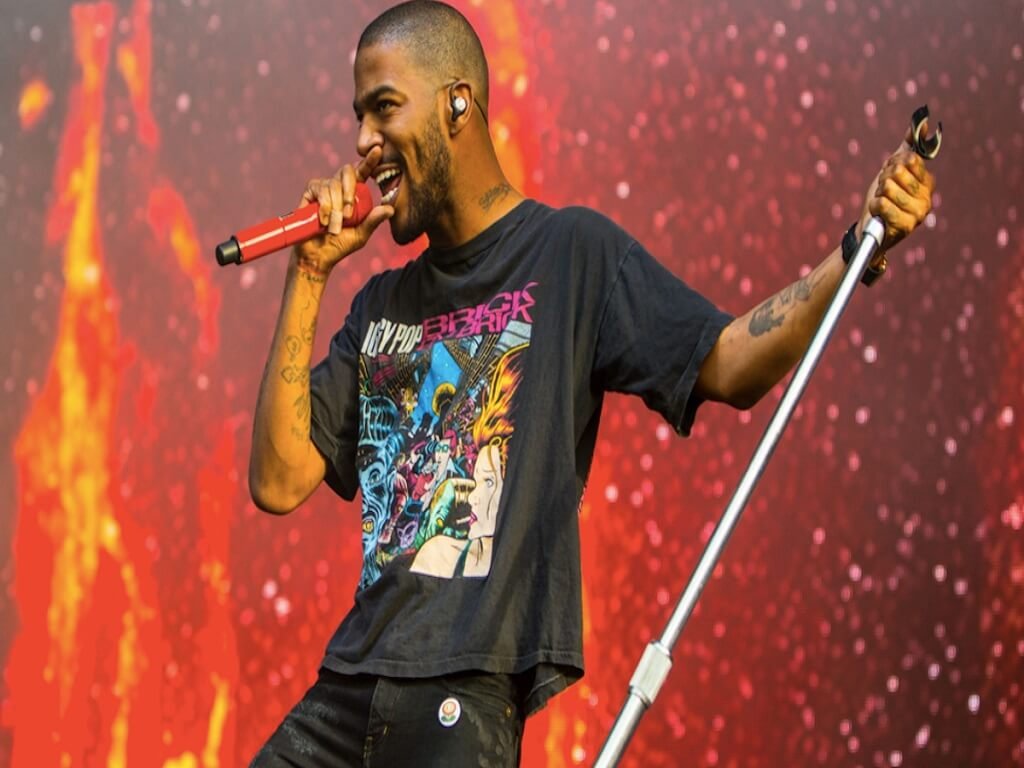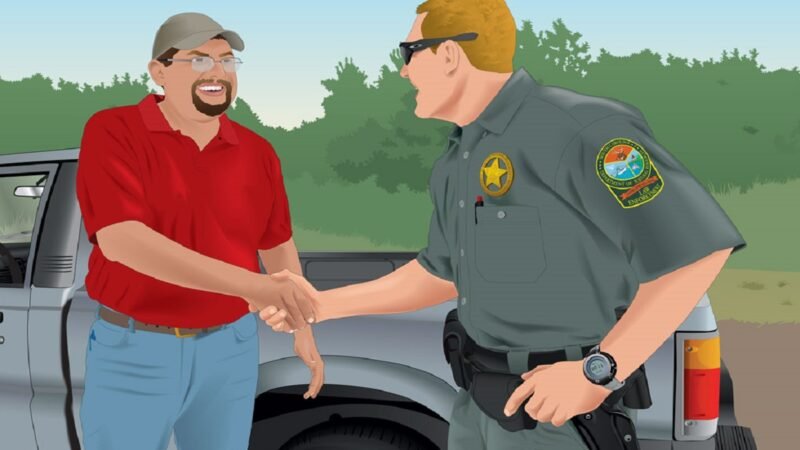How Long are Concerts?

If you want to put on a show or go to one, you should know that the whole thing could take anywhere from an hour to three hours, depending on the artist. Concerts by well-known acts with high ticket prices usually last between 90 minutes and 3 hours. Concerts by less well-known acts, on the other hand, usually last between 45 minutes and 90 minutes. A concert can be as short as 30 minutes or much longer than 3 hours, but that doesn’t happen very often. Concerts that are shorter or longer than 3 hours are usually called flash performances or festivals.
Table of Contents
When and where is the concert?
These are the two practical things that usually force a concert to stick to strict schedules. If a show is on a weekday at a low-key venue in a place with a noise ordinance that goes into effect at, say, 11 pm, and the show starts at 8 pm, you can be sure that it will end within three hours. Venues are very careful to follow the law because the consequences for breaking the law can be harsh.
On the other hand, if it’s a big show in quieter best places on a weekend night, it’s likely that the concert will go on for a while. Bruce Springsteen and the Grateful Dead, for instance, have both played shows that lasted much longer than four hours.
The Set List
Most people think of the setlist as a plan for the performance. Some bands are very religious about their setlists and make sure that they never change. This usually happens when a band has a short tour or is playing at a festival and wants to play the same music every night. But a lot of bands are also known for always playing the same setlist (ex: Korn, Sum 41). At most, a few songs will be different during the tour.
The nature of the tour can also affect the setlist. If an artist wants to get people to buy their new album, they might only play songs from that album. Some bands have played a whole album at a show, in the order that the songs appear on the album. When an artist goes on tour to promote a new album, most of the songs they play will be from that album.
If you want to find out more, we have a special setlist profile on the site (donut chart on artist pages).
During a tour, however, an artist will often change the setlist a little bit here and there. This is to mix things up. Changes are sometimes made to please the fans. Fans are often asked on websites and social media before a concert tour stop which songs they would like to hear during that leg of the tour.
The Shortest and Longest Concerts Ever
Shorter Concerts

For a less well-known artist or group, a shorter concert could be as short as 20 minutes. Or as long as an hour for someone who is more well-known but not quite a legend yet. How long they can play before the crowd loses interest will depend on how much music they’ve put out and how well-known they are. Shorter sets like these are often put together as well. For example, a well-known artist who plans to play for about an hour might ask a lesser-known artist to open for them. The opener could play for as little as 20 minutes or as long as 45 minutes. Depending on how many groups play, how long each group plays, and how long the breaks are, this could make the whole concert last two or even three hours.
When trying to figure out how long it will take to rent a stage, keep in mind how many groups will be performing.
Longest concerts:
Chile Gonzales at the Cine 13 Theater in Paris on May 16, 2009, for 27 hours. The Canadian pianist played for his audience for 27 hours and 44 seconds or about 27 hours. During the concert, he played 300 songs and told stories. Did he or anyone in the crowd ever fall asleep during the show?
Live Aid took 16 hours on July 13, 1985. In Live Aid, there are 75 live shows. After all the bands had played, the whole thing took 16 hours. The event was set up to help feed hungry children in Africa.
The Grateful Dead played at the Winterland Ballroom from December 31, 1978, to January 1, 1979. The show was 6 hours long. Most of the 36 songs that the Grateful Dead played are not short. About six hours passed during this concert.
What Can Make A Concert Run Longer Than Expected?
When things go wrong, concerts often go on longer than planned. A good thing that can make a concert last longer than planned is an encore performance. This is when the crowd asks the performer to play one or more songs that weren’t on the program. Concerts can also last longer than expected if a performer or band member doesn’t show up on time, which can cause the show to start late.
There are a lot of unplanned things that can make a concert last longer than planned, but the venue usually encourages it to make more money and get the audience more involved. Even so, most outdoor concerts can’t go on after 11 p.m. because noise ordinances vary from place to place.
Reasons Why a Concert Lasts Long
One way to ruin everyone’s fun at a concert is for it to go on for too long. Even though there are many reasons for a concert to happen over time, there aren’t many excuses for it. For example, you could go to a concert by a singer who spent the night before the show partying and then came out on stage at the start of the show.
That doesn’t mean there are never good reasons for a concert to go on longer than it should. Here are some of the most common reasons why concerts usually last so long.
- The main act or one of the opening acts is stuck in traffic and will be late because of it.
- In their dressing room, the performer is busy making big requests.
- The main act is busy with something else and is not ready to perform.
- The act doesn’t feel like it has to start on time.
There is a lack of trust between the performers, the owners of the venue, and the people who come to see them. Most of the time, the audience is waiting for the act to play while the action is waiting for the audience to arrive. This ends up making the show started later than planned, which is a bad situation for everyone.
What is the musical genre?
Some concert genres and types are more rigid than others. Classical concerts with a traditional orchestra, choir, etc. usually have a 1–1.5-hour first part and a 15-minute break in the middle. 5 – 1 hour second part.
Modern music, especially rock concerts, tends to be less “tight” and more “loose.” On a three-minute song, you might see a random, improvised, or long drum or guitar solo that lasts about 10 minutes. Or you might see fans interacting and being a part of the show.
How Long Does Each Set Last?
There will often be a break in the middle of a concert so that the performers can take a break and change the settings. This also gives people a chance to get up and move around, use the bathroom, or buy food or other things. The breaks aren’t very long. They usually last between 10 and 25 minutes, depending on how long the whole concert is.
Are there multiple groups or acts in the lineup?
Before the main band, called the “headliner,” plays at a concert, an opening act will often play. Most opening acts last between 30 and 45 minutes, but in some cases, they may go on for longer. Opening acts might cut into the time of the main act, but almost certainly not in a perfect 1:1 ratio. If they did, people would be upset that they aren’t getting to see the whole show by the person they paid to see.
Most concerts with an opening act last at least two to three hours. It’s possible for a headliner to have more than one opening act, but this usually means that there isn’t really a “main” performer, so the concert might not last much longer.
Some long-form concerts, often called “festivals,” will have anywhere from a few to tens of bands. In some cases, more than one band will play at the same time, and the event is meant to last all day. Many festivals last from a few days to a week or more. For example, the well-known Burning Man event lasts for nine days.
Multiple Set Events
There is often more than just an opener and the main act at a concert. For example, a radio station or a festival might put on an all-day or all-night event with performances by a few or more groups. If you are planning such an event, you may need to rent more than one concert stage or, if you are going to a festival, you may need to rent your own stage.
Set the Stage With The Wright Group
No matter how long your event or concert is, The Wright Group has everything you need to make it happen. You can rent a portable stage, chairs, tents, and anything else you might need. Get in touch with us immediately, and we’ll make sure your event has everything it needs from start to finish.
Conclusion
If you’re going to a concert, you should know how long it will last so you can make plans. How long does a concert go on for? Most concerts go on for 90 minutes to two hours. In the middle of the concert, there is usually a 20-minute break. How long a concert lasts depends on how well-known the band or artist is, how many people are on the bill, and what kind of venue it is.
Most concerts, whether they are pop, rock, rap, EDM, jazz, classical, etc., last between 90 minutes and 2 hours. Concerts at festivals tend to go on for longer. You now know what to expect at any concert you go to or put on in the future. In the end, fans will want to stay as long as possible if they like the music.
Frequently Asked Question (FAQs) About how long are concerts
How long is a concert usually?
Concerts by well-known acts with high ticket prices usually last between 90 minutes and 3 hours. Concerts by less well-known acts, on the other hand, usually last between 45 minutes and 90 minutes.
What is the longest concert ever?
Kevin Ker, Shawn Armstrong, and Epidemic Music Group, all from Canada, held the 437-hour, 54-minute, 40-second concert at the Earl of Whitchurch in Ontario, Canada, from March 17 to April 5, 2017.
What do people wear to concerts?
The shoes you wear to a concert are one of the most important parts of your outfit. Festivals and outdoor shows are often the most comfortable and safest places to wear sturdy styles like white sneakers and lug-soled boots. You can easily wear espadrilles or a sporty sandal to a casual daytime event.
What time do most concerts end?
Most gigs last between 2 and 3 hours, depending on how many people are there to help and how quickly they can set up. Most concerts start at 6.30 pm and end between 10 and 11 pm.





